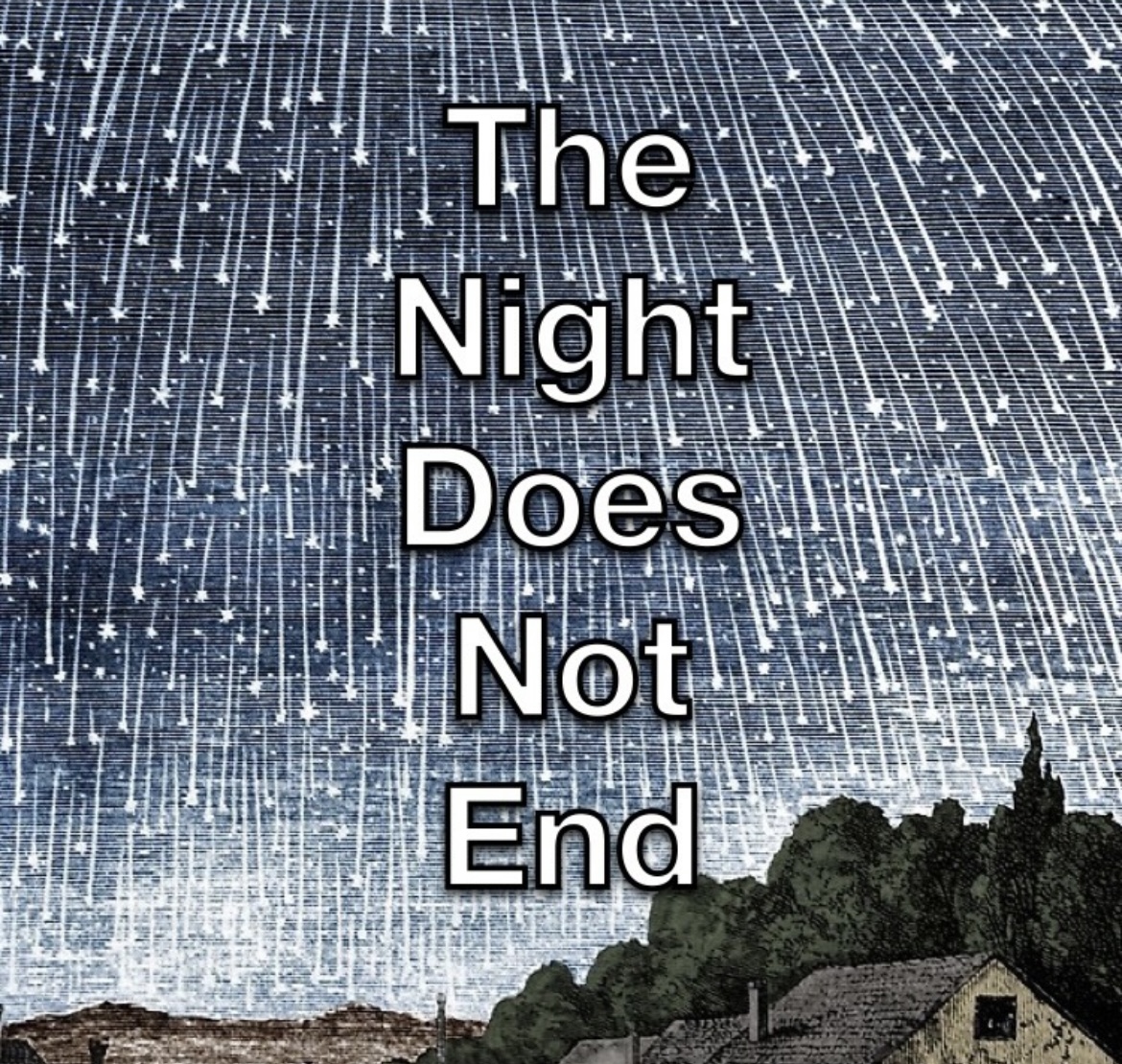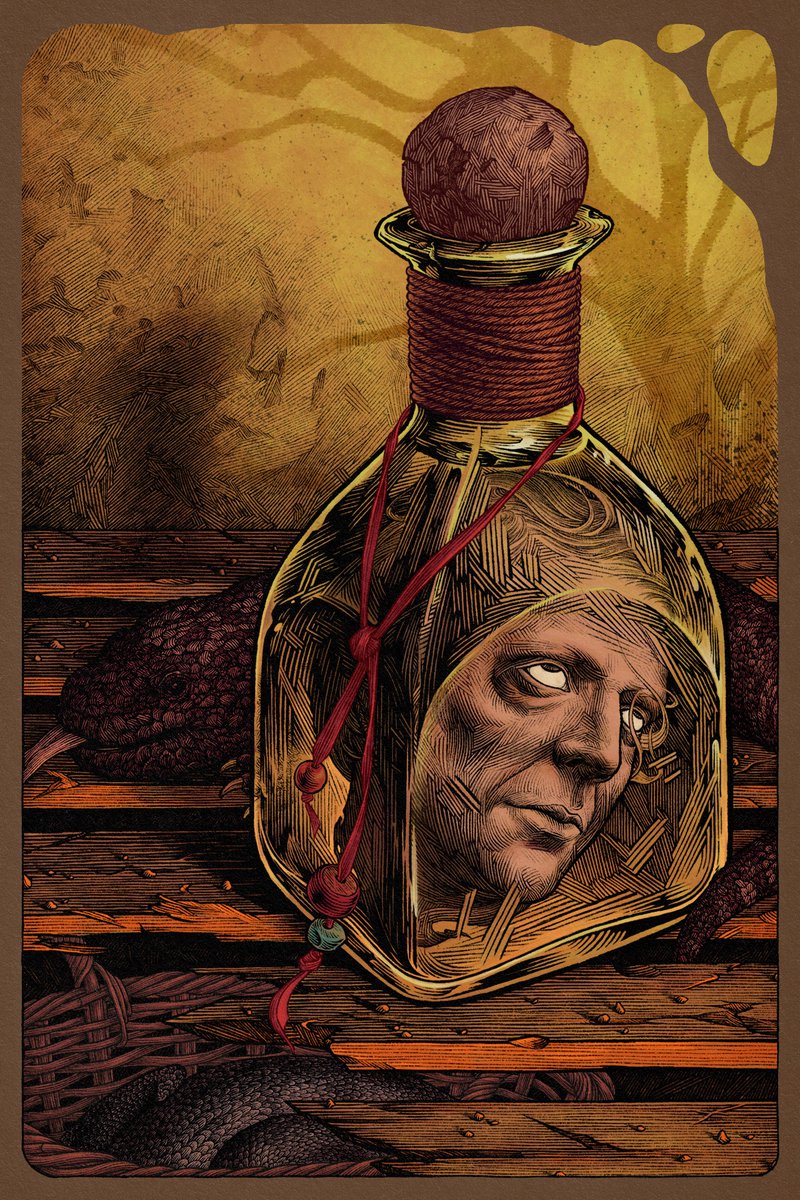
Recorded an audio episode of my first Substack post on BLOOD MERIDIAN: free to everyone. If you're driving to be with family this Thanksgiving and want to listen to something Cormac-related, give it a listen.
bloodmeridian.substack.com/p/the-night-do…
bloodmeridian.substack.com/p/the-night-do…

2/ Future written/audio posts will be for paid subscribers only ($5 per month or $30 per year).
The next episode (available this weekend) examines the historical and literary roots of the Judge.
If you enjoy this episode, please pass it on.
The next episode (available this weekend) examines the historical and literary roots of the Judge.
If you enjoy this episode, please pass it on.
4/ (Drink responsibly).
5/ (The voice gets raspier on episode this the longer I go. Next time, I will make a cup of hot tea).
• • •
Missing some Tweet in this thread? You can try to
force a refresh





